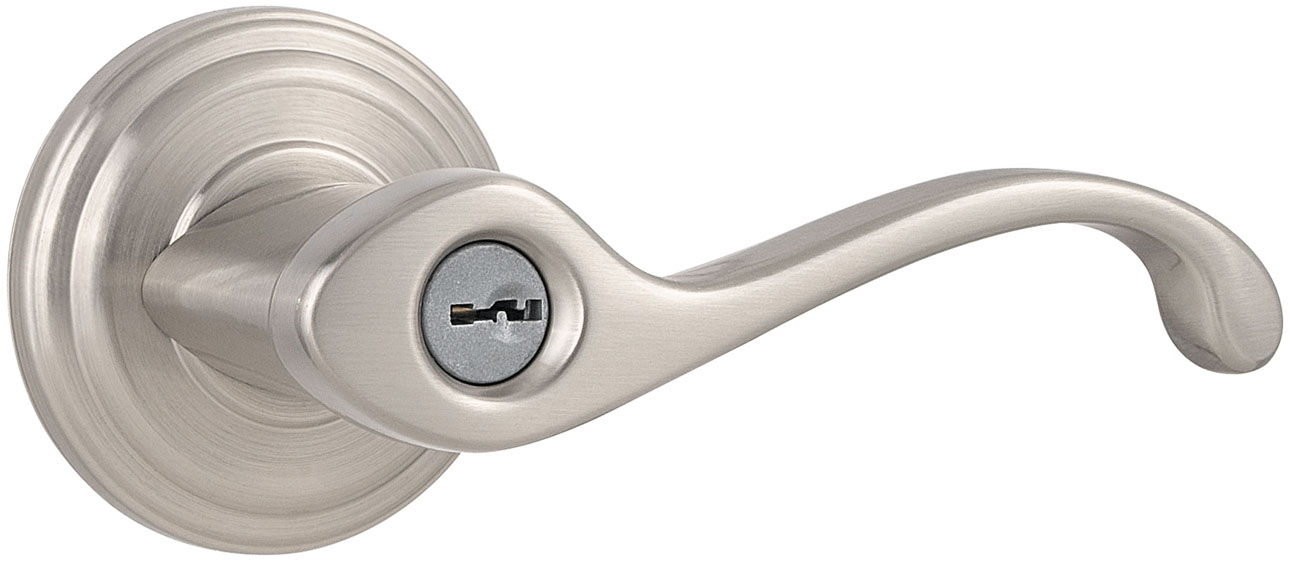Standards for Residential Locks

All residential locks are certified by either the American National Standards Institute/ Builders Hardware Manufacturers Association (ANSI/BHMA) or the Underwriters Laboratories (UL) Standards.
The ANSI Certifications are broken down as follows:
- Grade 1-The top security grade; these locks are suitable for both residential and commercial use
- Grade 2-More than sufficient for residential use, but not recommended for commercial purposes
- Grade 3-Meets the bare minimum requirements for (residential) security purposes
When you choose a lock for your home, the standard should definitely play a role in your choice. The higher the standard, the more reliable the lock. For external or entry doors in your home, ANSI Grade 1 would be the preferred level. However, for internal doors that do not necessarily need to be locked all the time, ANSI Grade 2 would be acceptable. The UL 437 standards cover key locks with a locking cylinder or security container. (There are other UL standards for other types of lock.)
The UL test consists of a number of different areas:
- The number of differs (key combinations that you can create)
- Attack resistance against eight different methods of attempts to break the lock
- Endurance-opening and closing properly over 10,000 times
- Fit and ease of adjustment (Does the lock serve the door well, and is it possible to make changes to it while it is in use?)
- Corrosion
- Material strength
Note that while the standards of both of these organizations are recognized and accepted, until a lock is actually put to work, these are not guaranteed statements. When you install a lock, be sure to check building codes to make sure that whichever lock you choose meets the necessary requirements To see what types of locks might be best for specific doors, click here to find out more.









